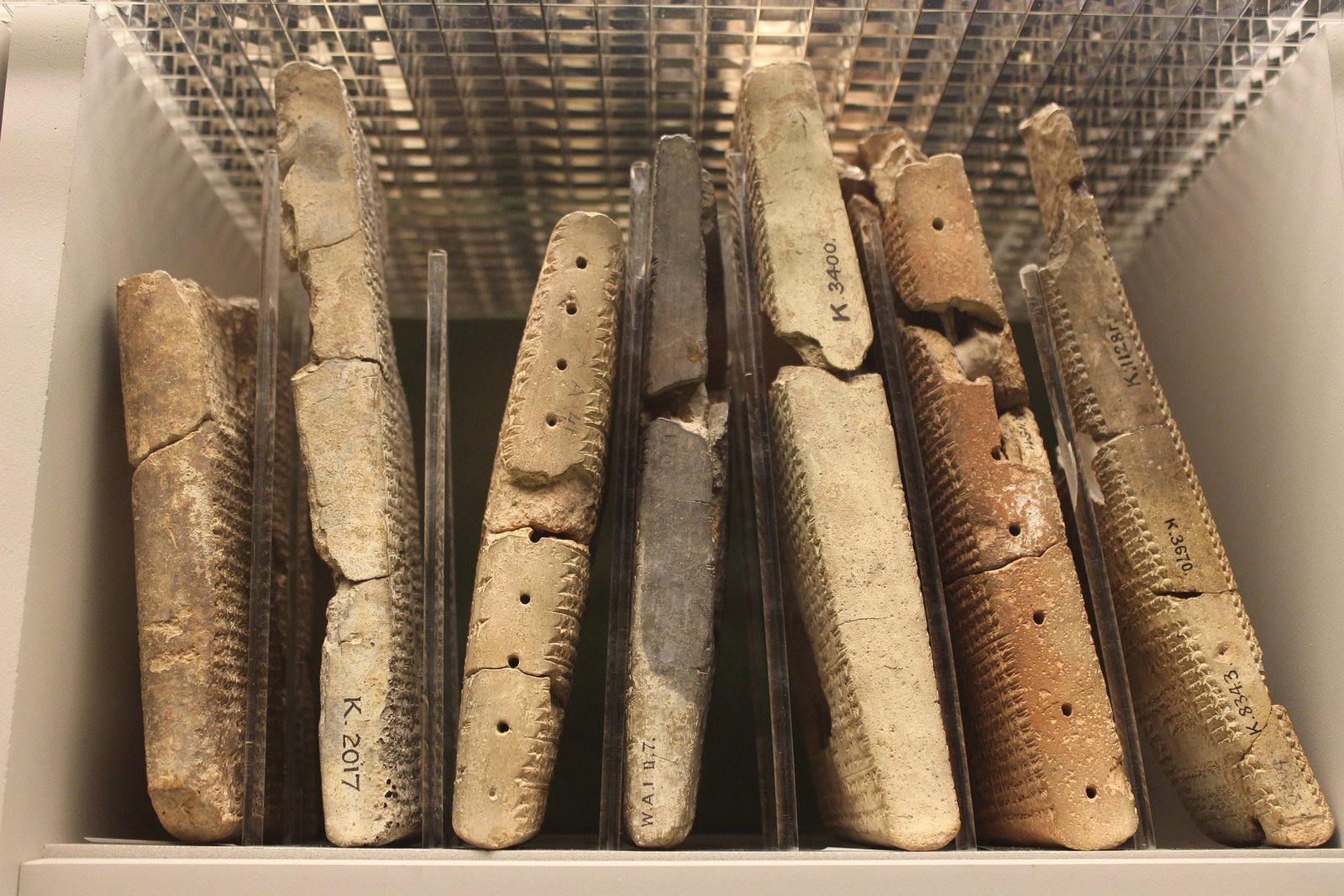
It was once one of the best-known museums in Iraq, but now it’s getting a second chance thanks to restoration efforts backed by French experts. They were broken into pieces when ISIS fighters took over the northern city of Mosul in 2014 and used it as their capital for three years. »We need to separate all the pieces. Restoration worker Daniel Ibled, who was hired by France’s famous Louvre museum to help Iraqi museum workers, said: “It’s like a puzzle. You try to find the pieces that tell the same story.”
Inscriptions in cuneiform script are shown by other people, as are other things. People who know what to do with these fragments, which are no bigger than a fist, have them lined up on a table. Now, they’re trying to find an Assyrian golden lion, two flying bulls with human heads, and the base of King Ashurnasirpal II’s throne, which is called a “lamassu” (a flying bull with a human head). Cuneiform writing is on the base of the Assyrian King’s throne, and it looks like it’s almost fixed.
Long restoration process
“The base of the throne was broken into more than 850 pieces,” said a museum official who is an expert in Sumerian studies. “We read the inscriptions on this base, and we were able to put the pieces back where they belong,” said Taha Yassin, a restorer. He said that other pieces without “a flat surface or inscriptions” make them almost impossible to tell apart and are more difficult. After Iraqi troops took Mosul in 2017, the museum got an urgent grant to help it get back up and running again. A museum director says he hopes the restoration work will be done in five years. The project was put back because of the coronavirus pandemic.
But there will still be a lot of gaps, and posters on the walls will help people find the things that were lost. An official at the Louvre says that 20 people have been asked to help with the restoration work. This year, after three trips to Iraq, seven French experts will go to Iraq to help guide the restoration process, which will be done by about 10 museum employees. When the restoration work is done, an online show will be held to show off the art.



